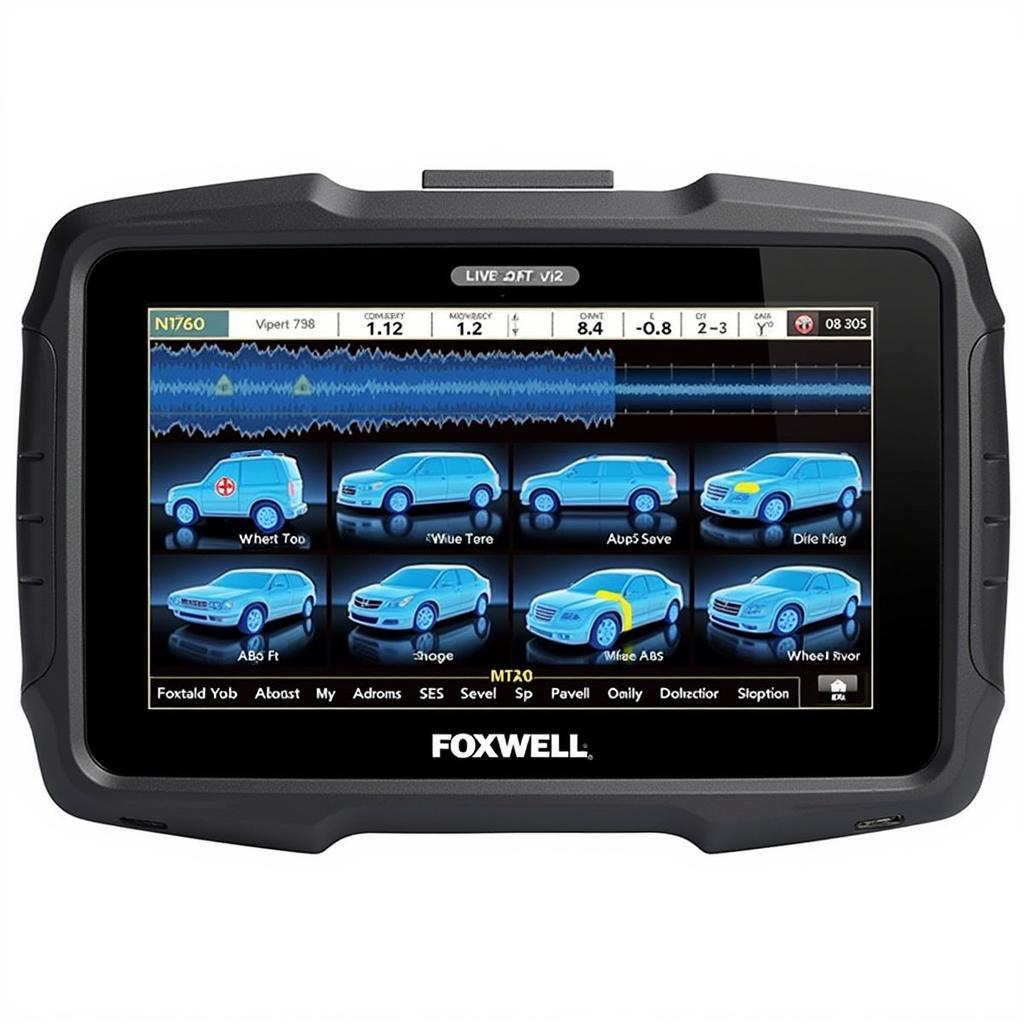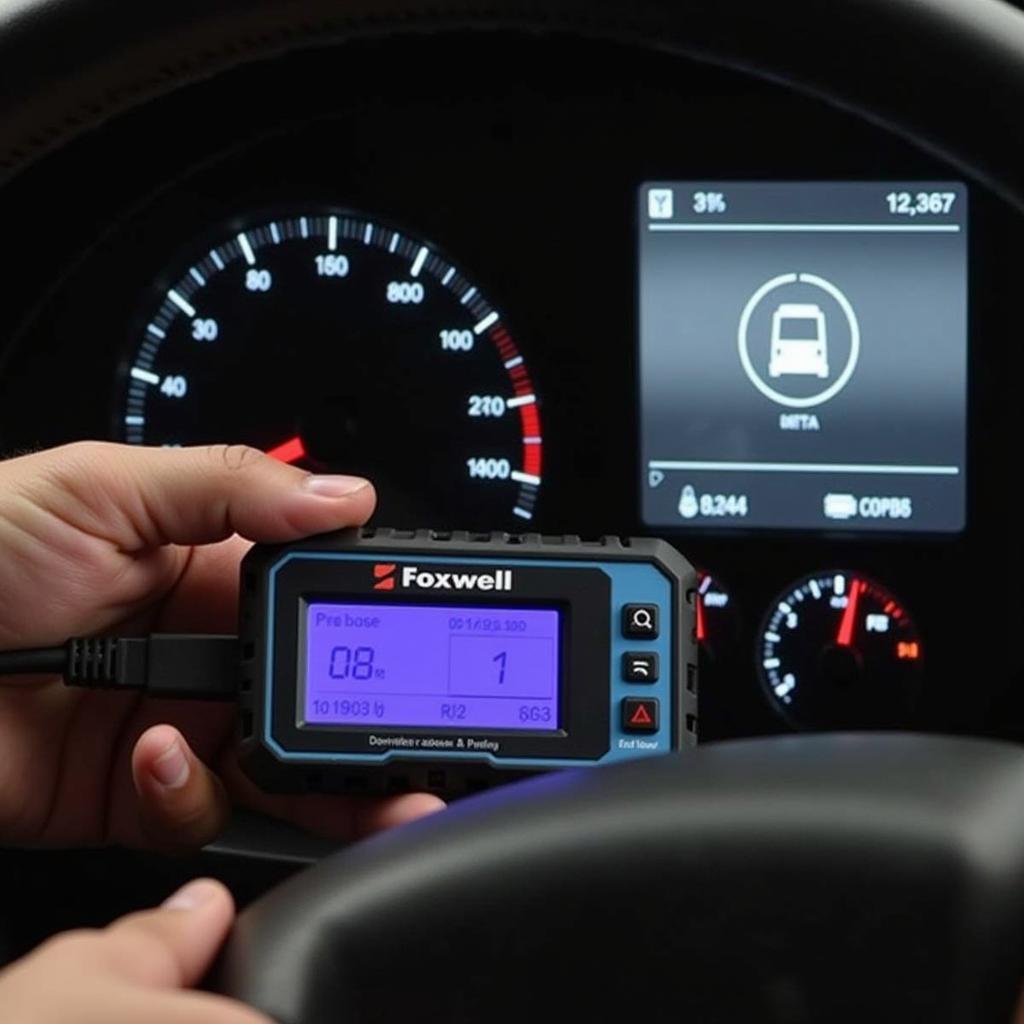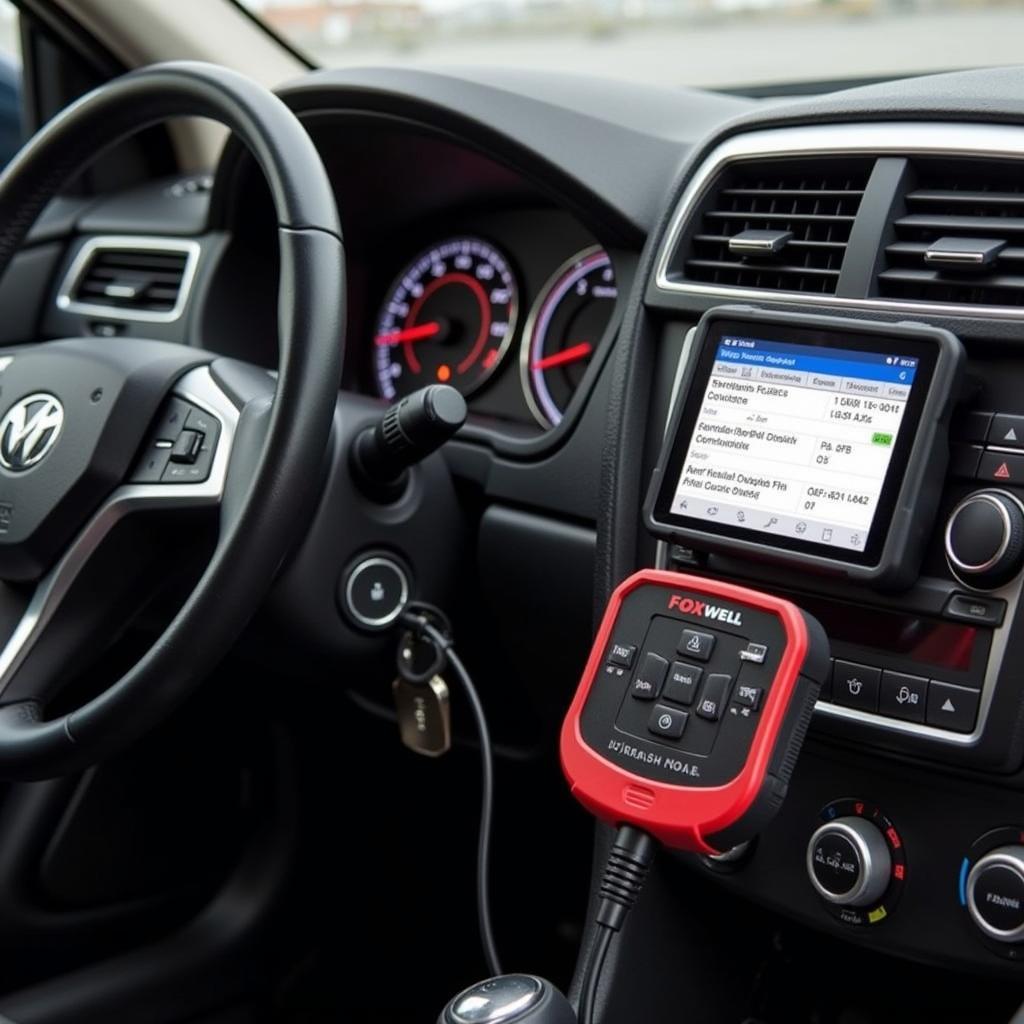The Sarah Foxwell Family case stands as a stark reminder of the importance of vigilance and community awareness in the face of unimaginable tragedy. While the details of this specific case are sensitive and best approached with respect for those involved, exploring the broader context of how technology like automotive software and diagnostic tools play a crucial role in modern investigations can offer valuable insights.
true crime daily sarah foxwell
The Evolving Landscape of Automotive Technology and Investigations
In today’s digital age, vehicles are no longer just mechanical machines; they are complex networks of computers and software. This technological advancement, while revolutionizing the driving experience, also presents new avenues for investigators seeking answers.
For instance, the data stored within a vehicle’s Event Data Recorder (EDR), often referred to as a “black box,” can provide crucial information about the vehicle’s speed, braking, and other actions leading up to an incident. Similarly, GPS data from navigation systems and even mobile phones can help establish timelines and locations, corroborating or refuting alibis.
Unveiling Clues: The Power of Automotive Software and Diagnostic Tools
Automotive software, specifically diagnostic tools, has become indispensable in modern investigations. These tools, once primarily used by mechanics for routine maintenance and repairs, now offer a wealth of information that can be critical in solving crimes.
[image-1|diagnostic-tool-in-action|Mechanic Using a Diagnostic Tool|A close-up shot of a mechanic’s hand plugging a diagnostic tool into a car’s OBD-II port. The image should highlight the tool’s screen, which displays vehicle data.]
Deciphering the Digital Language of Vehicles
Modern vehicles are equipped with an array of sensors that continuously monitor various systems, from engine performance to airbag deployment. These sensors generate vast amounts of data, which can be accessed and interpreted using specialized diagnostic tools. Trained investigators can utilize this data to reconstruct events, identify potential malfunctions, or even uncover attempts to tamper with the vehicle’s systems.
“Think of a car’s computer system as a witness that never forgets,” says Alex Davies, a forensic automotive engineer. “Every interaction, every fault, every adjustment is recorded. With the right tools and expertise, we can extract this information and piece together a comprehensive understanding of what transpired.”
Beyond the Mechanics: The Intersection of Technology and Justice
The application of automotive software and diagnostic tools extends beyond traditional vehicular crimes. In cases involving hit-and-runs, for example, analyzing paint chips, broken glass, or tire marks can provide valuable leads. Similarly, in cases of abduction or suspicious disappearances, access to vehicle data can offer crucial clues about the victim’s last known location or the route taken.
[image-2|forensic-team-examining-vehicle|Forensic Team Examining a Vehicle|A wide shot of a forensic team meticulously examining a vehicle at a crime scene. The image should show investigators using various tools and techniques to gather evidence.]
“The integration of technology into automotive investigations has been transformative,” says Detective Maria Ramirez, a seasoned investigator specializing in vehicular crimes. “The ability to access and analyze data from vehicles has not only strengthened our ability to solve crimes but has also enhanced our efforts in accident reconstruction and prevention.”
Navigating the Ethical Considerations of Technological Advancements
The increasing reliance on automotive software and digital evidence in investigations raises important ethical considerations regarding privacy and data security. It is crucial that the use of such technology is governed by strict protocols, ensuring that data is collected and analyzed responsibly and ethically.
As technology continues to advance, so too will its application in criminal investigations. Staying abreast of these advancements is paramount for law enforcement agencies, forensic experts, and even the general public to ensure a just and equitable legal system.
Moving Forward: Balancing Innovation with Responsibility
The Sarah Foxwell family case, while heartbreaking, underscores the importance of leveraging technology responsibly to seek justice and protect the innocent. By understanding the capabilities and limitations of automotive software and diagnostic tools, we can better equip ourselves to navigate the complexities of modern investigations while upholding the principles of fairness and due process.
If you require assistance with vehicle diagnostics or have information pertaining to an active investigation, please contact ScanToolUS at +1 (641) 206-8880 or visit our office at 1615 S Laramie Ave, Cicero, IL 60804, USA. We are committed to providing reliable and ethical solutions for all your automotive needs.
FAQs:
1. What is an Event Data Recorder (EDR) and how is it used in investigations?
An EDR, often called a vehicle’s “black box,” records technical information about a vehicle’s operation shortly before, during, and after a crash event. Investigators can access this data to gain insights into speed, braking, steering, and other factors that may have contributed to the incident.
2. How can GPS data from my car be used in an investigation?
GPS data from your car’s navigation system can reveal your location history, including where you’ve been and when. This information can be valuable in establishing timelines, verifying alibis, or retracing movements.
3. Can investigators access data from my mobile phone if it was connected to my car?
Possibly. If your phone was connected to your car’s Bluetooth system or other infotainment features, data such as call logs, text messages, and even location data may be accessible depending on the vehicle’s make and model.
4. Are there any legal protections against the use of my vehicle’s data in an investigation?
Laws regarding the use of vehicle data in investigations vary by jurisdiction. It is important to be aware of your rights and consult with an attorney if you have concerns about the privacy of your vehicle data.
5. How can I learn more about automotive software and diagnostic tools?
Numerous online resources, workshops, and training programs are available for individuals interested in learning more about automotive software and diagnostic tools. Contacting a reputable automotive technology institute or organization is a good starting point.



